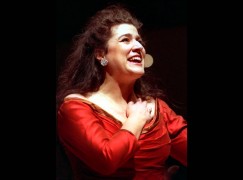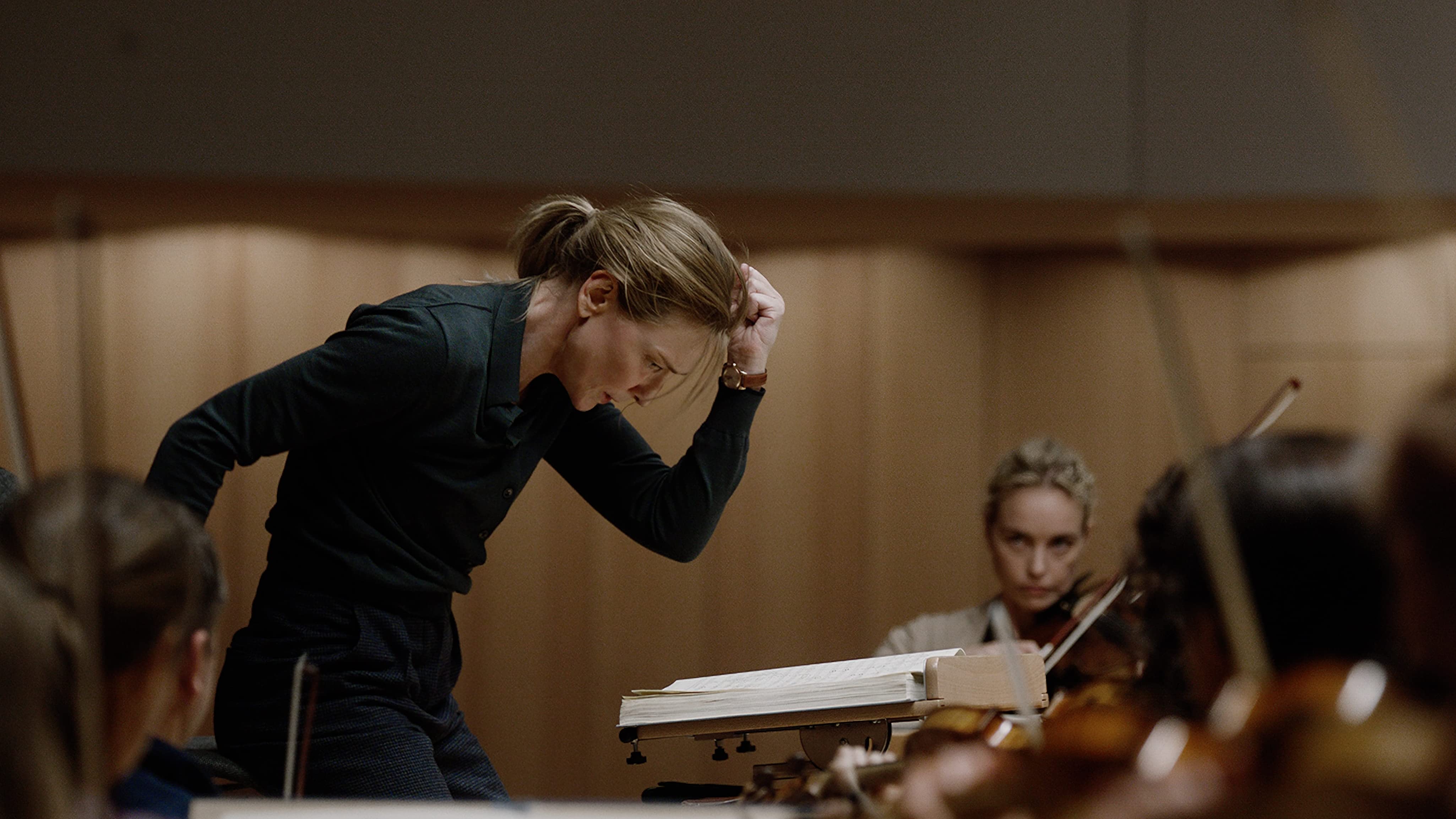Cecilia Bartoli explains why she’s singing West Side Story
mainFrom an interview with the brochure of the Salzburg Whitsun Festival (which she directs):
- What unites Cleopatra, Norma, Cenerentola, Iphigénie and Maria?
First of all, quite simply: they are women – just like the artistic director of the Whitsun Festival! As the first woman in this position, of course I am interested in highlighting certain aspects from that perspective. More specifically, each of these figures stands for certain facets of womanhood, and how these have been viewed and illuminated in different ways in the arts throughout the centuries. Since the artists were and are most often men, we find highly telling reflections and refractions – it often seems to me that we learn more about the male and his perspective than about the female model… For five years now, exploring these female figures and their surroundings within a few days and throughout very different artistic genres has been the programme of my Whitsun Festival.
- Ms. Bartoli, the programme book of the Salzburg Whitsun Festival quotes you as saying that you are looking forward with almost child-like glee to the role of Maria?
I find the piece and the music fantastic – to me, it is among the very greatest stage works of the 20th century! I love its energy, the rhythms, the infectious swing of it, the Latin temperament, the witty dialogue, the honest, moving grief… Perhaps it is my flamenco past coming through, even if we are moving into another style here… Since I have known the songs from West Side Story all my life, they are closer to me than a lot of other music. After all those queens, goddesses, heroines of antiquity and fairy-tale princesses, I am especially happy to be portraying a girl like you and me. The figure of Maria, the simple, warm-hearted, serious, dreamy and honest neighbourhood girl, is very close to me personally. I was like her once! And at the bottom of my heart, I am still like her…






Comments